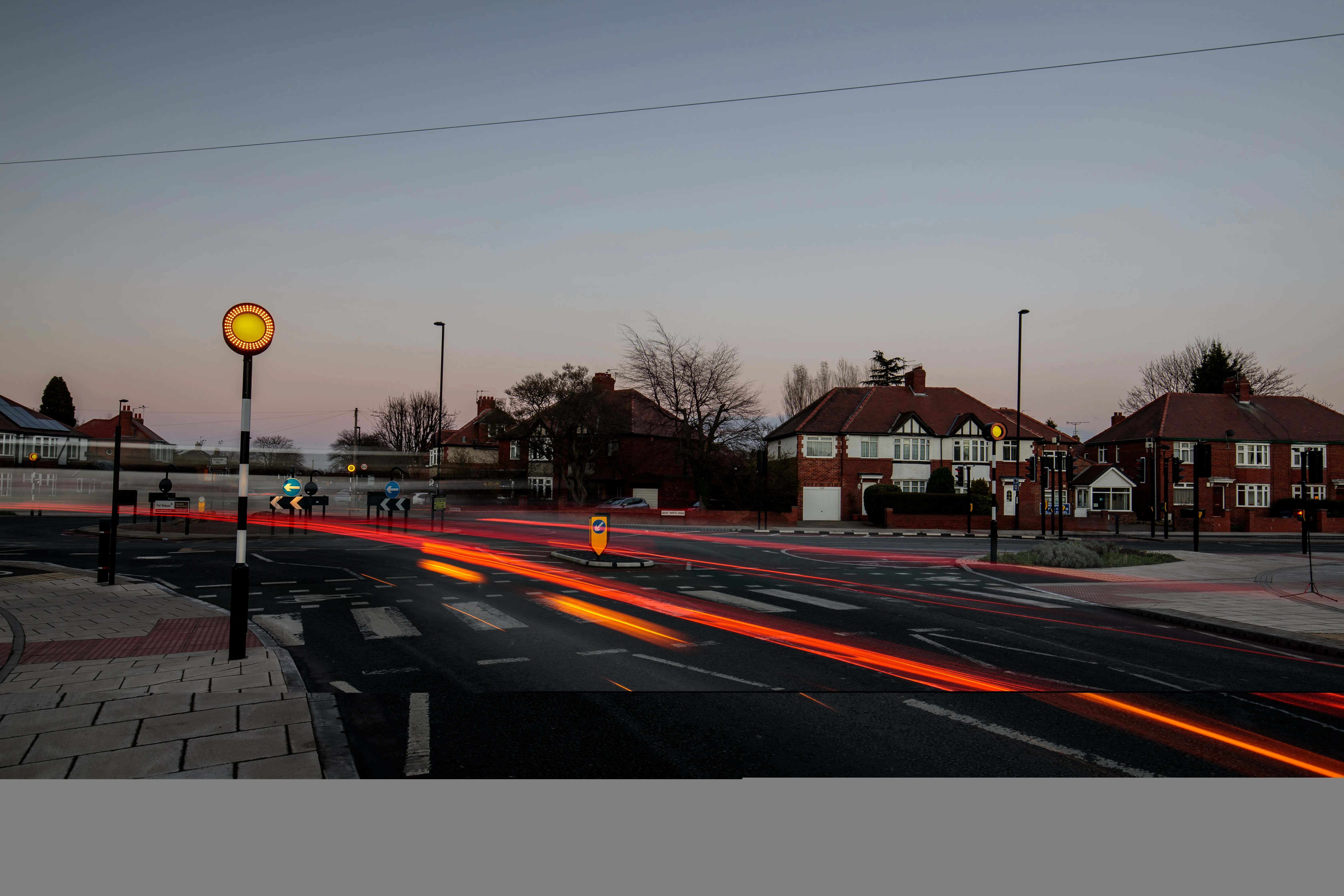A major programme that will boost road safety and transport efficiency is now being developed jointly in seven European cities. The authorities in Bordeaux, Copenhagen, Eindhoven-Helmond, Newcastle, Thessaloniki, Verona and Vigo have joined forces with the aim of improving road safety, increasing energy efficiency and reducing level of congestions for road transport. The city authorities will work along with industrial partners to jointly implement three cooperative services for forward collision warnings,
February 1, 2013
Read time: 3 mins
A major programme that will boost road safety and transport efficiency is now being developed jointly in seven European cities. The authorities in Bordeaux, Copenhagen, Eindhoven-Helmond, Newcastle, Thessaloniki, Verona and Vigo have joined forces with the aim of improving road safety, increasing energy efficiency and reducing level of congestions for road transport.
The city authorities will work along with industrial partners to jointly implement three cooperative services for forward collision warnings, red light violation warnings and more energy efficient intersections. The plan involves the use of pilot tests with 334 vehicles and 574 drivers in the seven cities. In addition to proving the benefits of the technologies, the project will also identify deployment opportunities, technical and social challenges and find solutions.
Called the Compass4D programme, the trial will focus on defining business models. Partners involved in the project plan to cooperate closely with associates in the US and Japan, with a view to greater global implementation of the technologies. The programme is aimed at improving safety for road users, while also cutting congestion.
The two safety-related Compass4D services; forward collision warning (FCW) and red light warning (RLW), will support the driver by providing (audio and/or visual) in-vehicle notifications when the driver approaches a dangerous situation, such as traffic queues in a dangerous location, or if there is a risk of running a red light.
The energy efficiency services will provide recommended speeds to drivers of all vehicles when approaching an intersection. This will also give priority at intersections for emergency vehicles or delayed buses. A combination of mature technologies developed in earlier projects and readily available commercial equipment will be used. Dedicated short range communication and cellular networks will be used, following international standards.
The Compass4D programme will benefit to drivers of a wide range of vehicle types including buses, emergency vehicles, trucks, taxis, electric vehicles and private cars. They all need information to make their driving safer, less stressful and more energy efficient. Bus drivers will receive support to better keep to time schedules, while emergency vehicles will cut response times and drivers of electric vehicles will be able to extend range for example.
Another of the technologies from the Compass4D programme is the energy efficient intersection control, giving priority to emergency vehicles and allowing all vehicles to adapt their speed to the timing of traffic light signals.
The Compass4D plan includes standardisation for global deployment and cooperation with US and Japanese associates. This three year programme commenced in January 2013 and comprises 31 partners from 10 countries, while it is being coordinated by4141 Ertico - ITS Europe.
The city authorities will work along with industrial partners to jointly implement three cooperative services for forward collision warnings, red light violation warnings and more energy efficient intersections. The plan involves the use of pilot tests with 334 vehicles and 574 drivers in the seven cities. In addition to proving the benefits of the technologies, the project will also identify deployment opportunities, technical and social challenges and find solutions.
Called the Compass4D programme, the trial will focus on defining business models. Partners involved in the project plan to cooperate closely with associates in the US and Japan, with a view to greater global implementation of the technologies. The programme is aimed at improving safety for road users, while also cutting congestion.
The two safety-related Compass4D services; forward collision warning (FCW) and red light warning (RLW), will support the driver by providing (audio and/or visual) in-vehicle notifications when the driver approaches a dangerous situation, such as traffic queues in a dangerous location, or if there is a risk of running a red light.
The energy efficiency services will provide recommended speeds to drivers of all vehicles when approaching an intersection. This will also give priority at intersections for emergency vehicles or delayed buses. A combination of mature technologies developed in earlier projects and readily available commercial equipment will be used. Dedicated short range communication and cellular networks will be used, following international standards.
The Compass4D programme will benefit to drivers of a wide range of vehicle types including buses, emergency vehicles, trucks, taxis, electric vehicles and private cars. They all need information to make their driving safer, less stressful and more energy efficient. Bus drivers will receive support to better keep to time schedules, while emergency vehicles will cut response times and drivers of electric vehicles will be able to extend range for example.
Another of the technologies from the Compass4D programme is the energy efficient intersection control, giving priority to emergency vehicles and allowing all vehicles to adapt their speed to the timing of traffic light signals.
The Compass4D plan includes standardisation for global deployment and cooperation with US and Japanese associates. This three year programme commenced in January 2013 and comprises 31 partners from 10 countries, while it is being coordinated by








